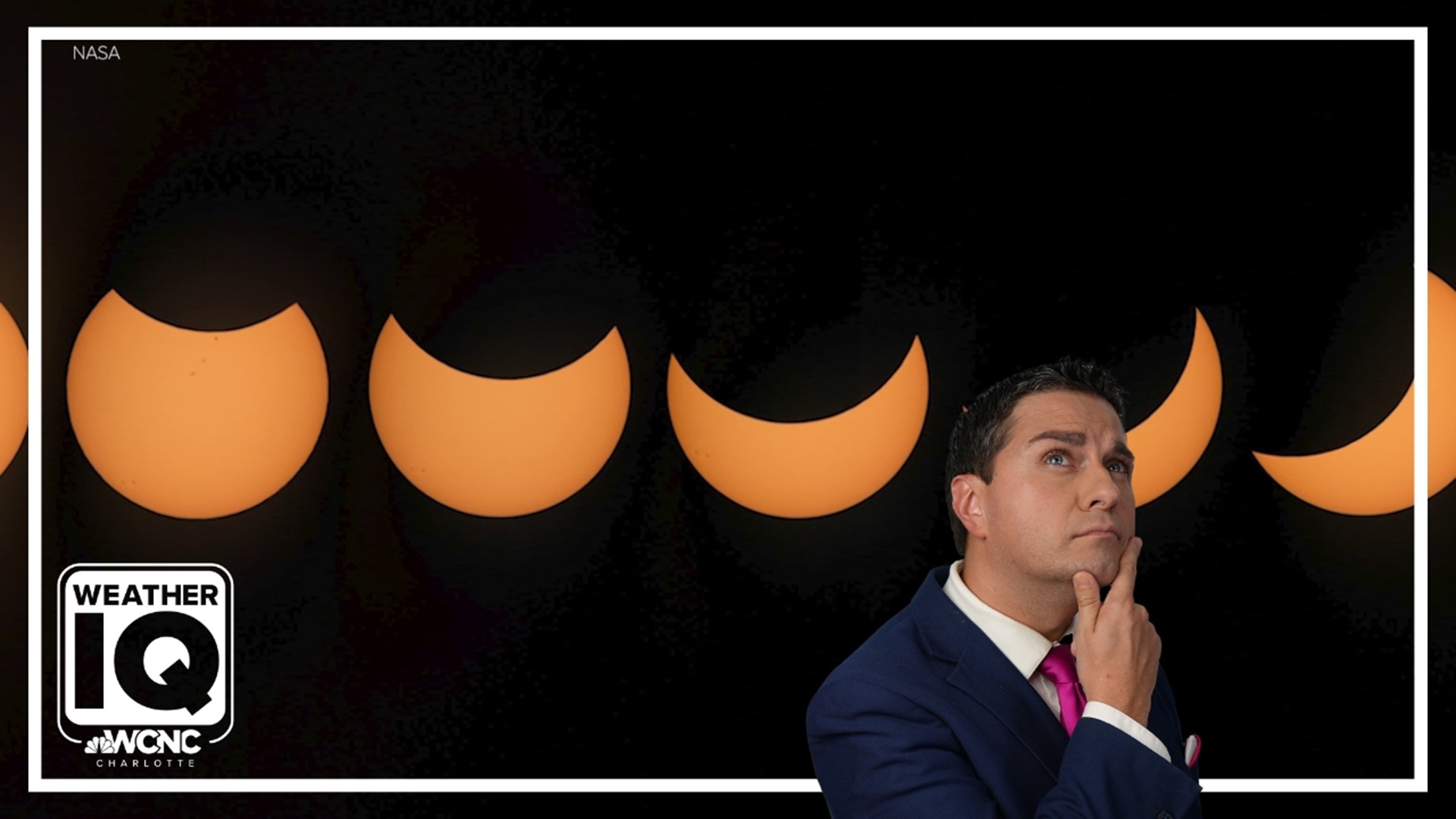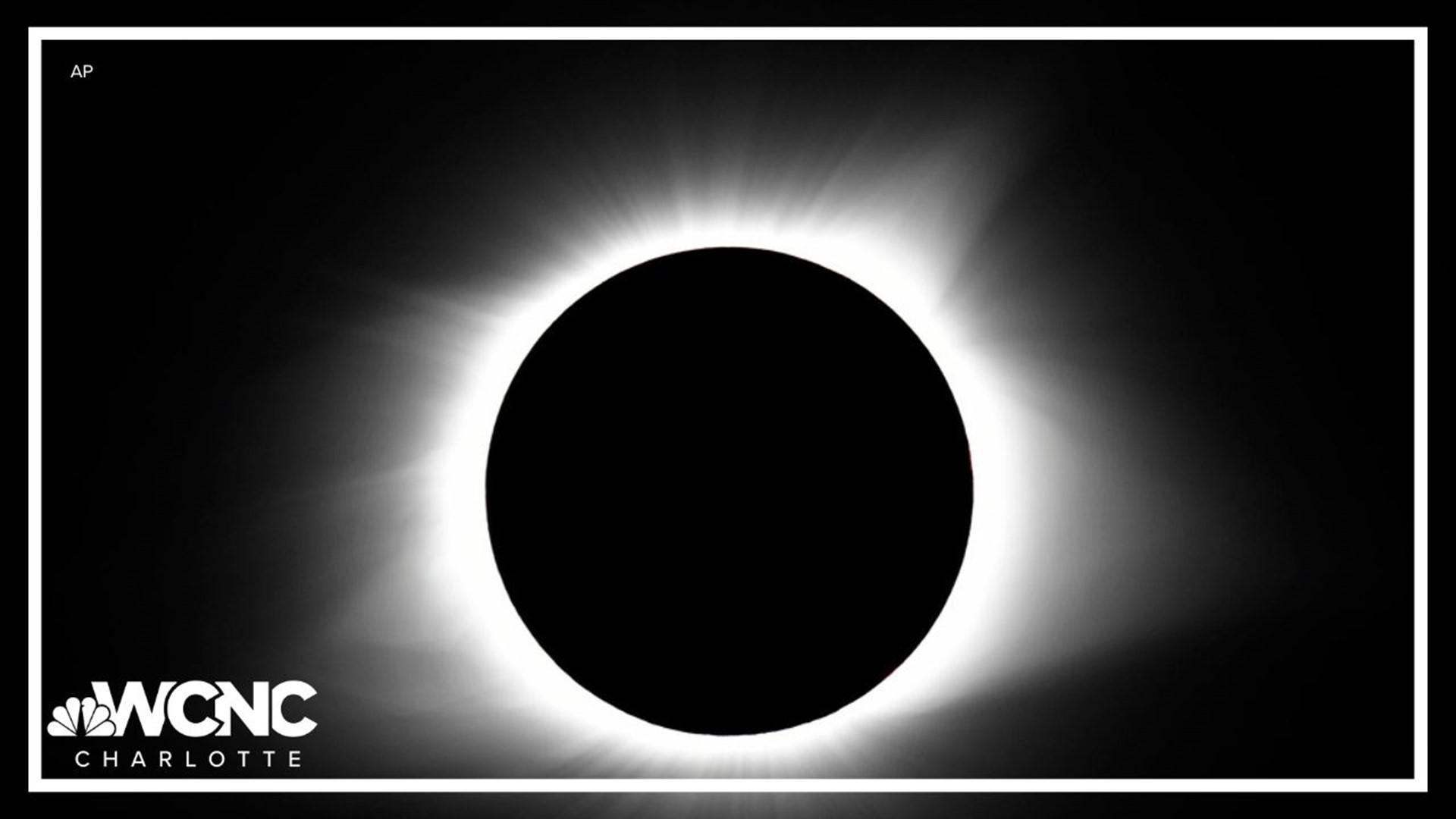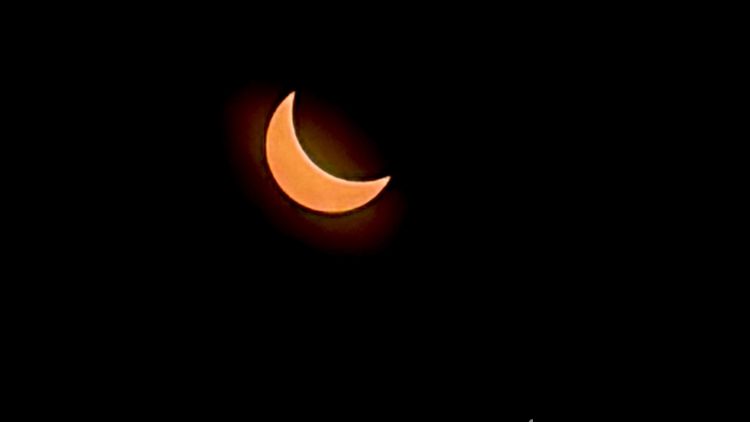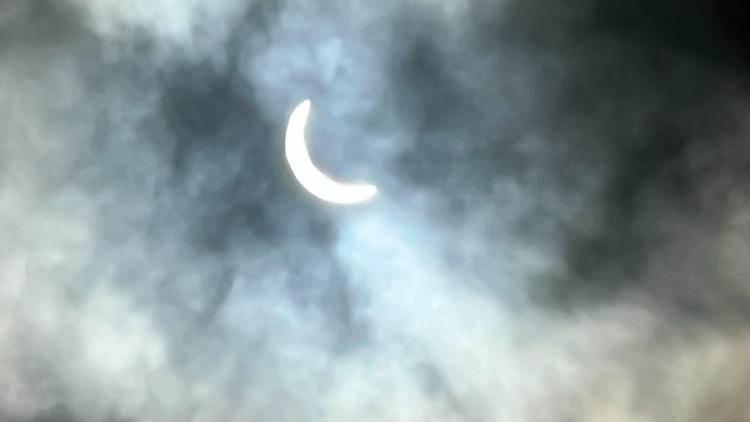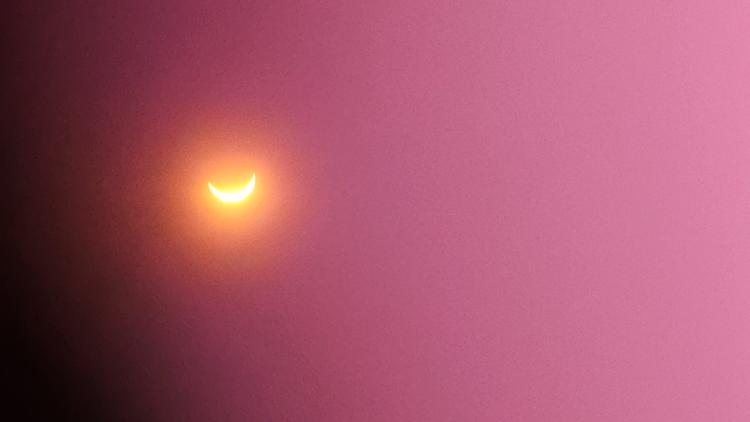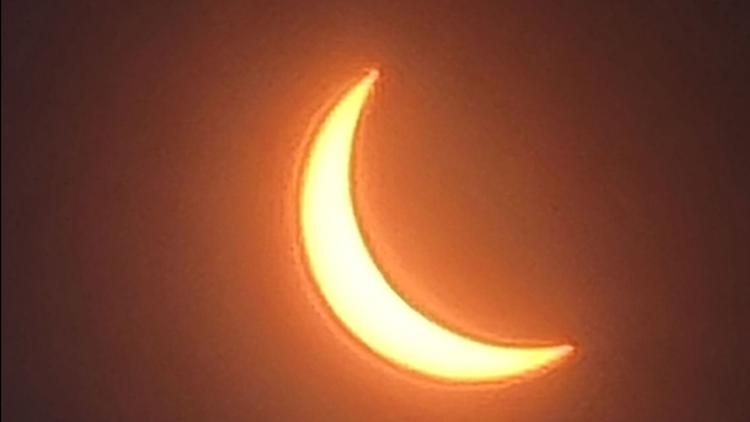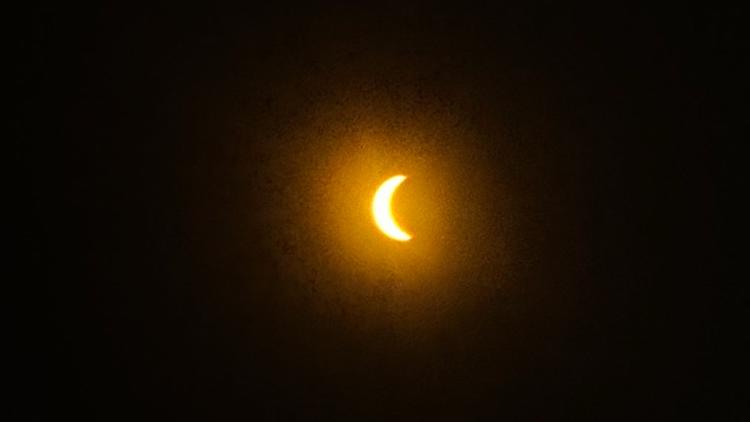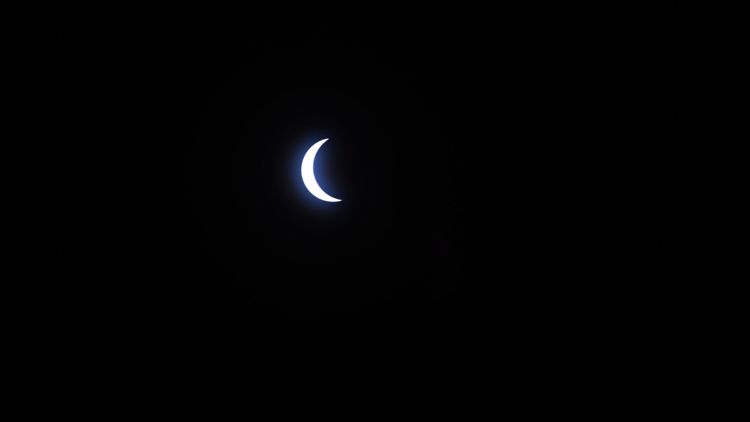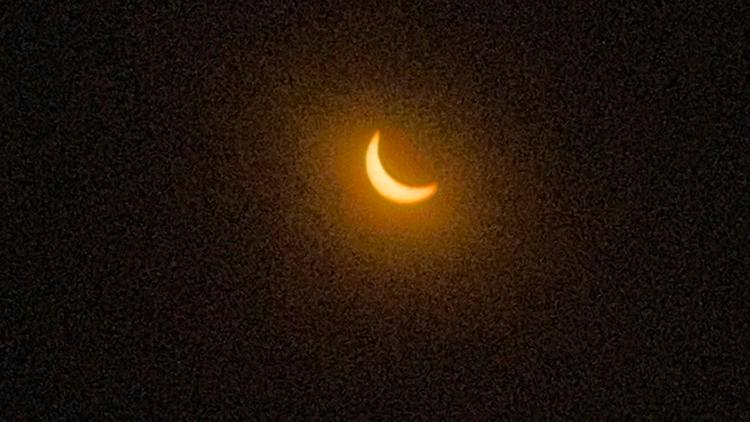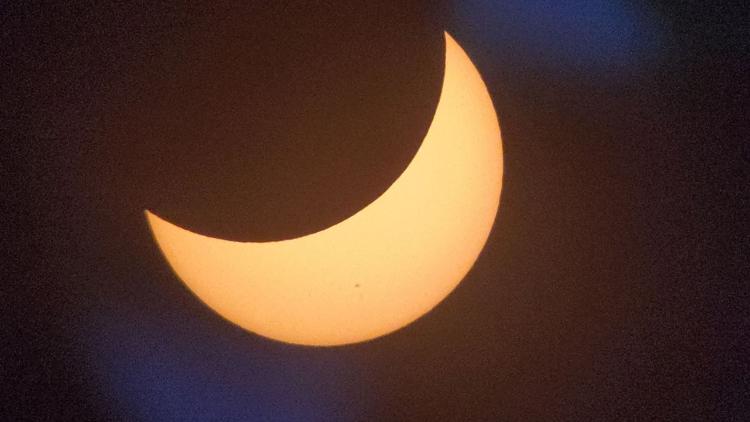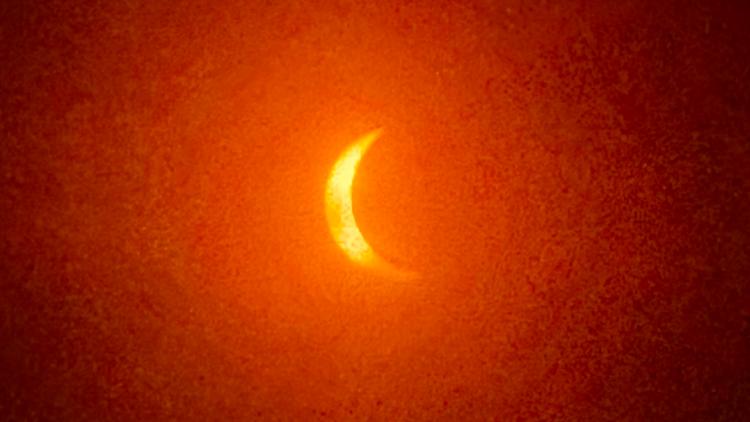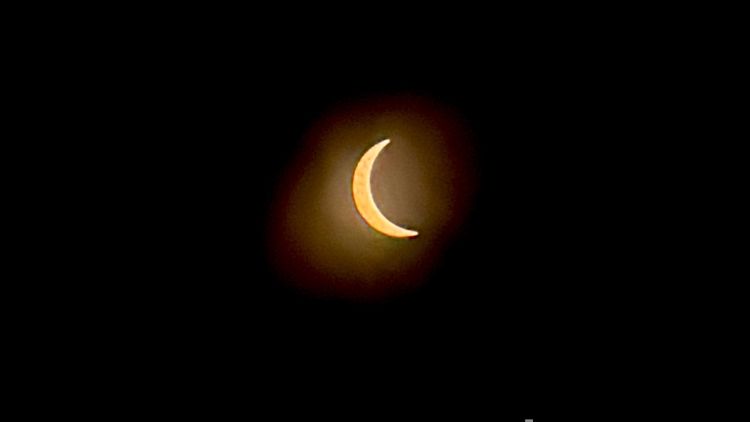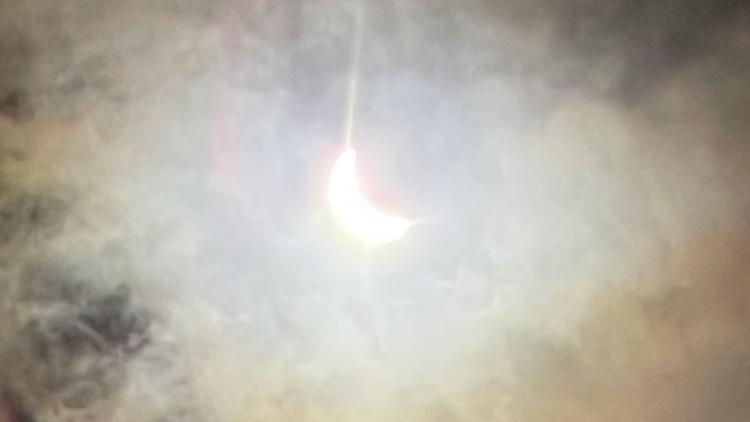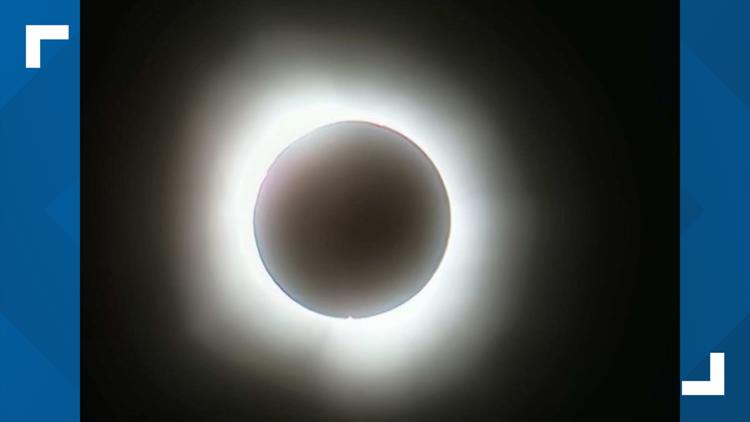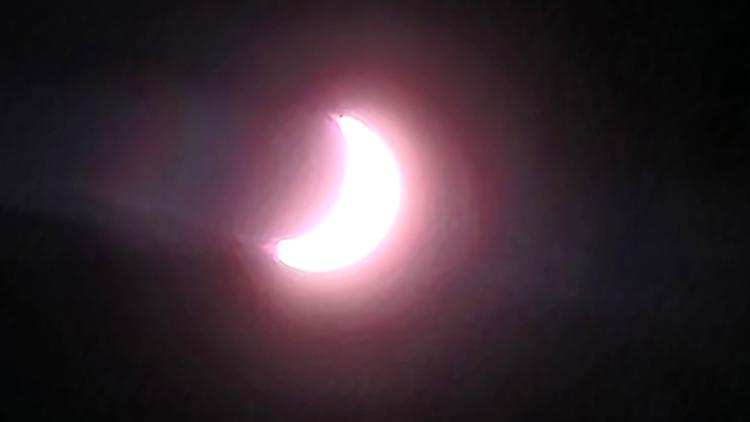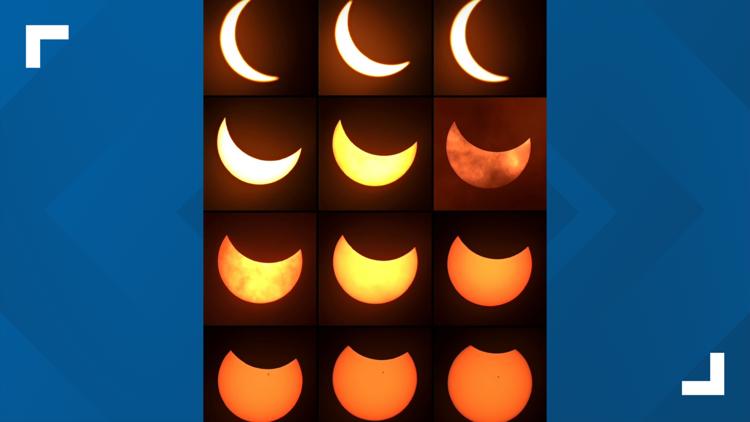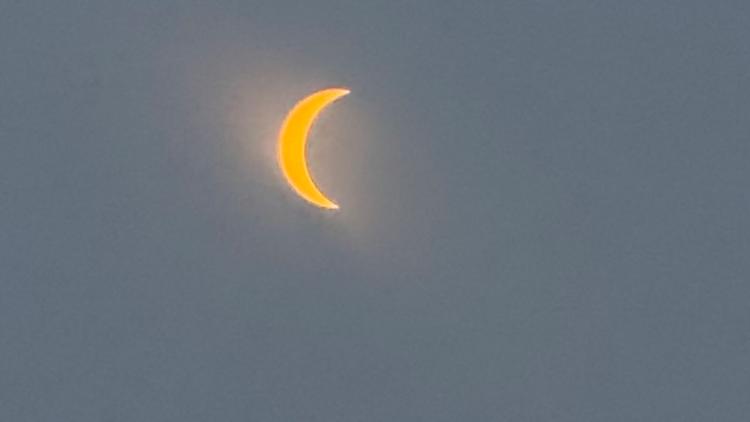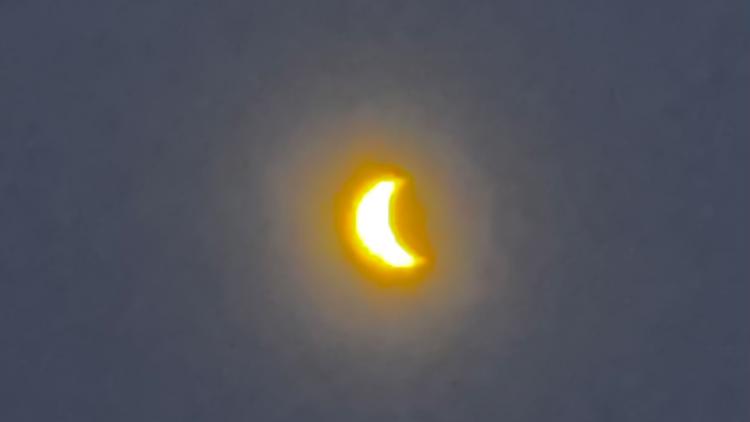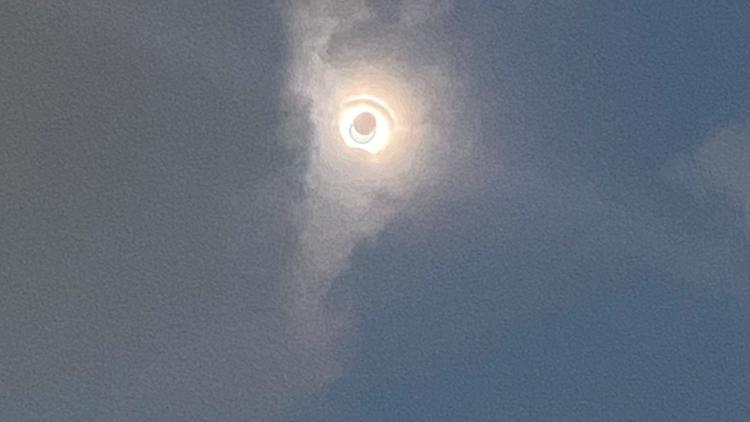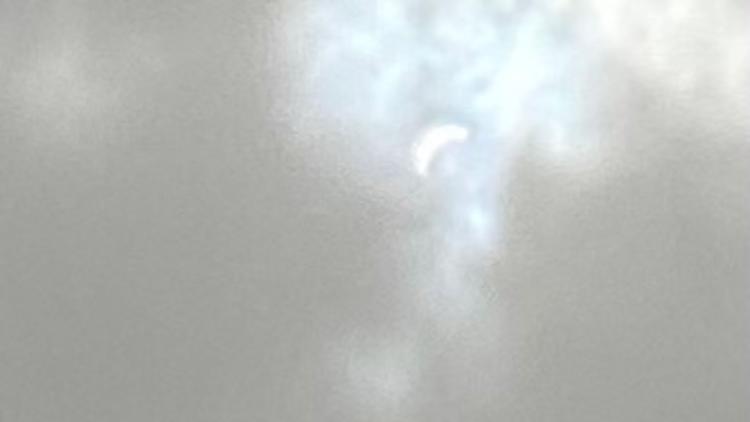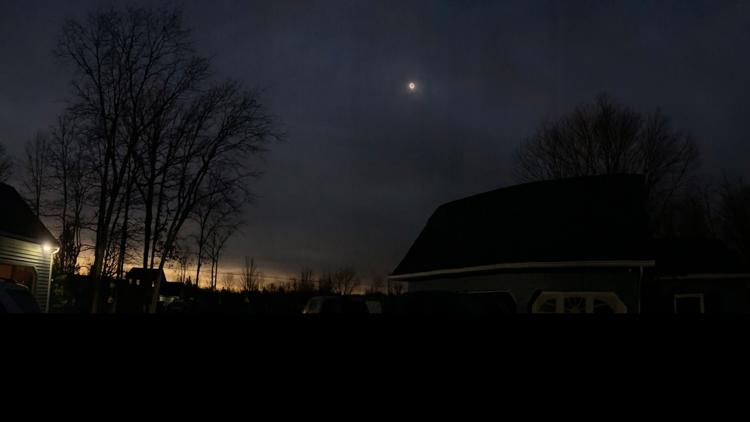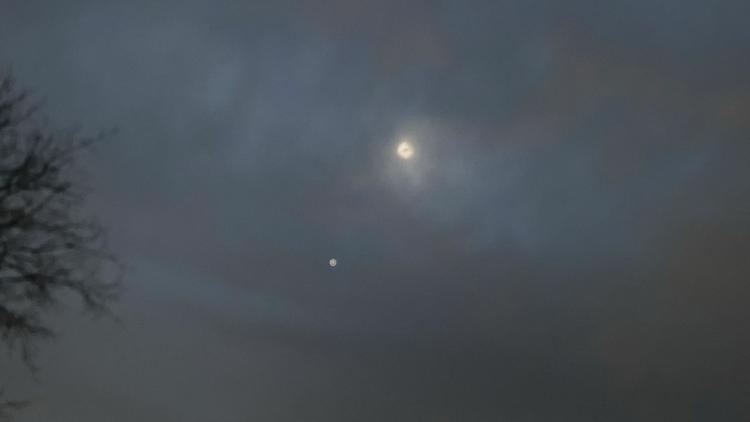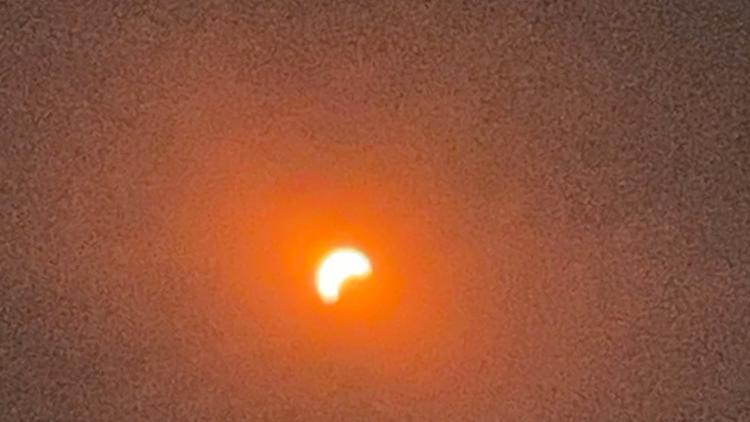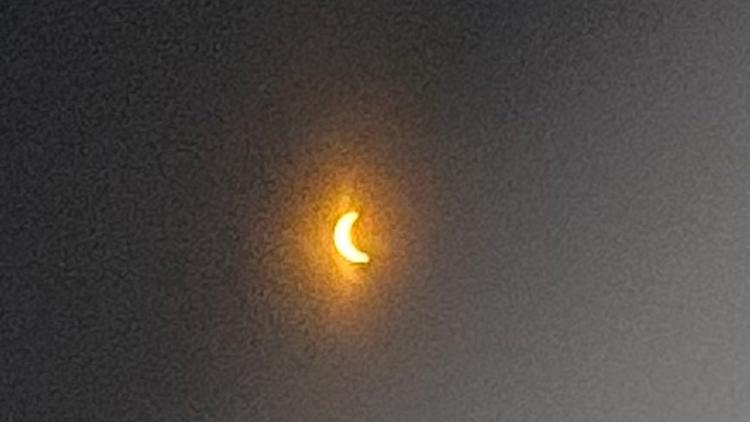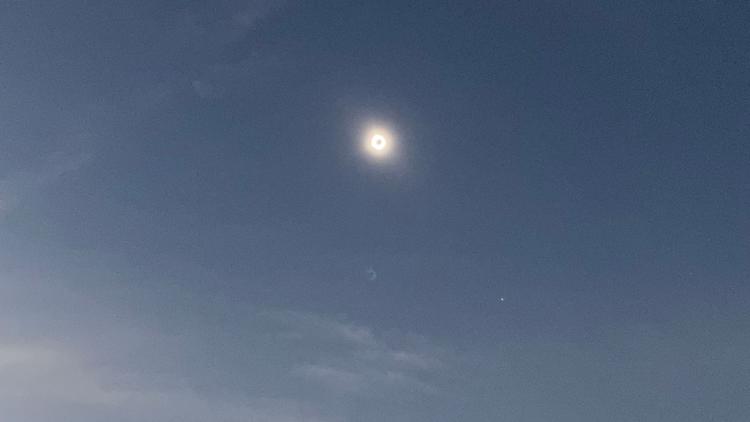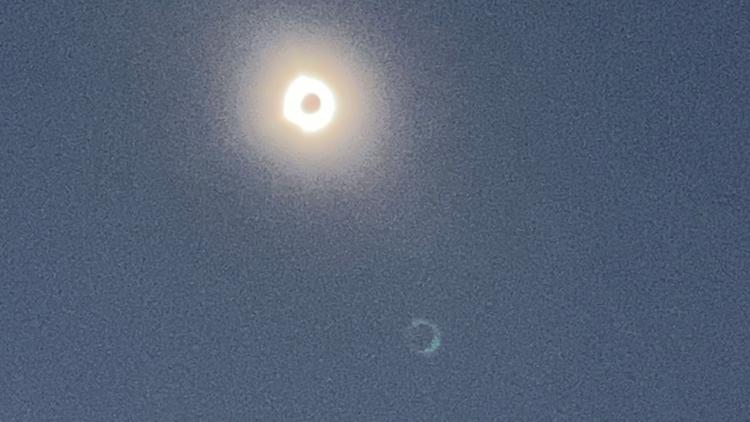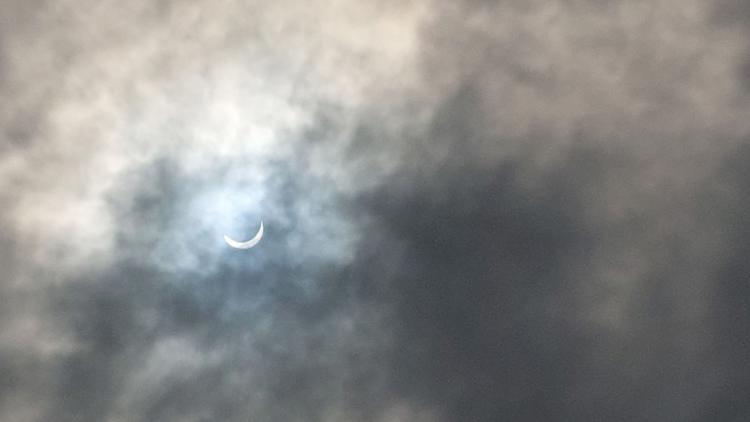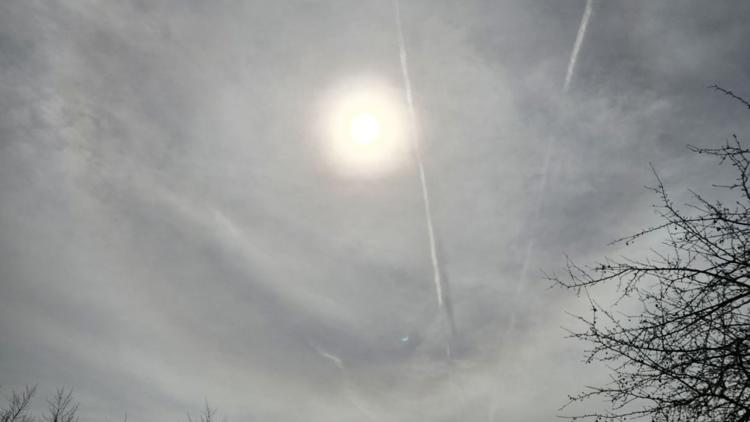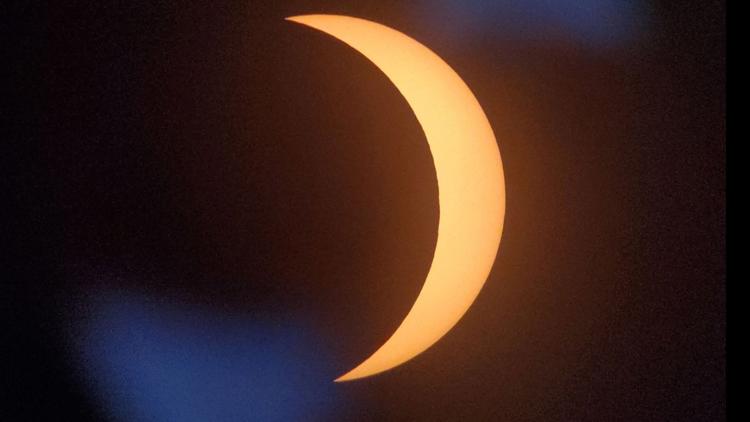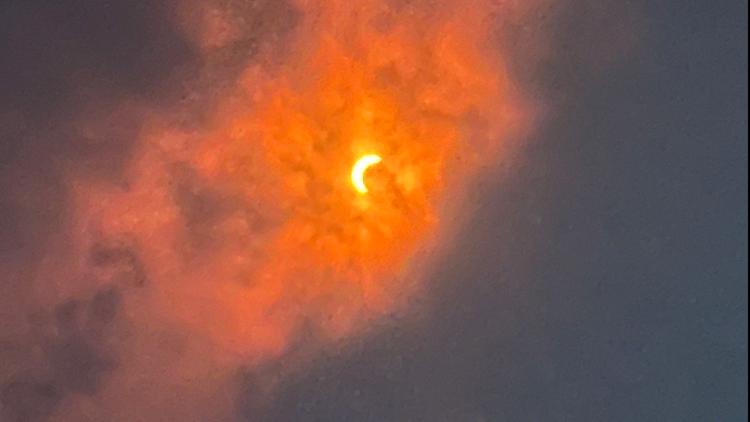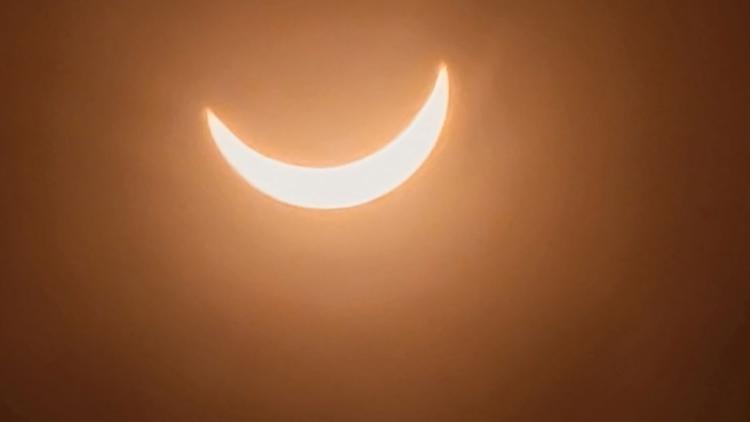CHARLOTTE, N.C. — The last total solar eclipse for the next 21 years arrives April 8, 2024, in portions of the United States.
During a total solar eclipse, the sun's rays are blocked for an average of three minutes. Some years, that period of time, called totality, can last over 7 minutes.
While brief, totality is long enough to rapidly change weather conditions. It's even dark enough to trick animals into thinking that nighttime has arrived.
How the weather changes during an eclipse
During the time of totality, the afternoon appears as if it has switched to dusk. Some stars can even be visible.
Besides the darkness, the most noticeable change during a solar eclipse is the drop in air temperature. Without the heat of the sun, much like nightfall, temperatures can drop about 10 degrees on average during a total solar eclipse.


As the temperatures drop, the winds will also lighten. This is similar to how winds typically behave in the evening. The winds can also change direction as much as 180 degrees. This complete reversal of wind direction is called the eclipse breeze. Once the sunlight starts to return, the winds will return to their original direction - and sometimes - can even blow stronger than they were prior.
"You get a really good appreciation just how bright the sun is and how much it's contributing to our atmosphere," Tony Rice, a Carolina-based NASA ambassador, explained. "It drives the weather."
How an eclipse changes animal behavior
During the brief period of enhanced darkness during an eclipse, animals react as if night has arrived early.
Nocturnal animals may become briefly active and diurnal animals may also get ready for sleep.
During a solar eclipse, crickets may start chirping and frogs may begin croaking. Some bugs like mosquitoes and gnats will swarm and try to feed. During previous solar eclipses, scientists have documented bees returning to hives, chickens beginning to roost, birds returning to nests and the orb spider breaking down their webs.
Eclipse science left to learn
There is still so much more we can learn from these events. So scientists will be ready and lined along the path of totality on April 8 to learn as much as they can in a short amount of time.
Contact Chris Mulcahy at cmulcahy@wcnc.com and follow him on Facebook, X, Instagram and TikTok.
WCNC Charlotte’s Weather IQ YouTube channel gives detailed explainers from the WCNC Charlotte weather meteorologists to help you learn and understand weather, climate and science. Watch previous stories where you can raise your Weather IQ in the YouTube playlist below and subscribe to get updated when new videos are uploaded.

